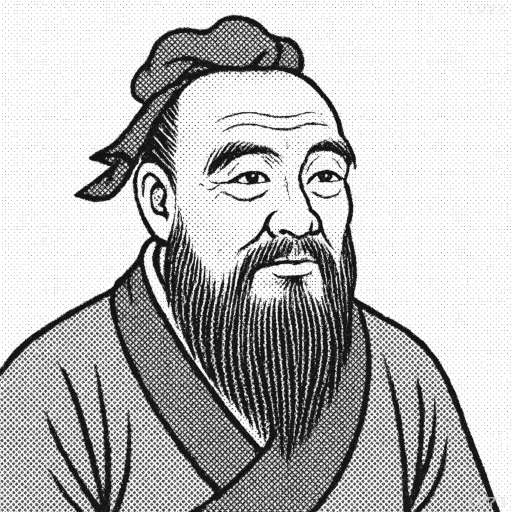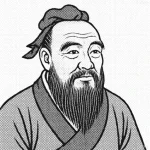“The superior man thinks always of virtue; the common man thinks of comfort.”

- 551 BC – 479 BC
- Han ethnicity
- Philosopher, educator, politician
table of contents
Quote
“The superior man thinks always of virtue; the common man thinks of comfort.”
Explanation
In this saying, Confucius contrasts the priorities of the “superior man” with those of the “common man.” The superior man is guided by virtue—principles such as integrity, kindness, and responsibility—while the common man focuses on comfort and convenience. Confucius believed that true fulfillment and purpose come from adhering to moral values, even when it requires effort or sacrifice. In contrast, prioritizing comfort alone can lead to a life that lacks depth and meaning.
This insight is relevant today in a world that often promotes immediate satisfaction over lasting virtues. For instance, someone dedicated to virtue might choose to take a more challenging but ethical path in their career, valuing integrity and long-term impact over short-term rewards. On the other hand, those focused solely on comfort may avoid personal growth opportunities if they involve risk or discomfort, ultimately limiting their potential. By valuing virtue over ease, one develops resilience, self-discipline, and a sense of purpose.
Confucius’s words remind us that true greatness lies in our commitment to higher principles, even when the path is difficult. By choosing virtue over comfort, we cultivate a life of authenticity, strength, and fulfillment, guided by values that bring lasting satisfaction and respect. This dedication to virtue ultimately enriches both our own lives and those of the people around us.
Would you like to share your impressions or related stories about this quote in the comments section?

